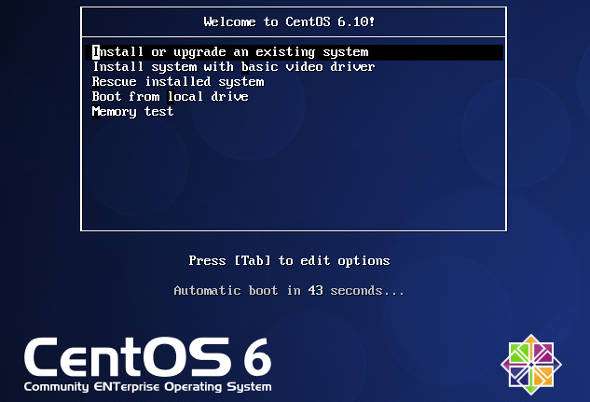With the continuous evolution of digital technology, understanding the differences between various hosting services has become increasingly vital for businesses and content creators. Two popular types of hosting often discussed are stream hosting and regular web hosting. While both serve the purpose of delivering content over the internet, they operate in fundamentally different ways to meet specific needs. Whether you’re running a business website or planning to stream high-quality video content, knowing the appropriate hosting option can significantly impact performance, scalability, and user experience.
What Is Regular Web Hosting?
Regular web hosting, also known as traditional hosting, refers to the service of storing and serving static or dynamic content on websites. These could include blogs, corporate websites, e-commerce platforms, and personal portfolios.
Regular web hosting typically involves:
- Shared Hosting: Multiple websites share the same server resources.
- Virtual Private Server (VPS): A single physical server is divided into multiple virtual environments, offering greater control and customization.
- Dedicated Hosting: A server entirely allocated to one user or organization for maximum performance and control.
This form of hosting excels at handling HTML files, scripts, databases, and user interactions such as form submissions and e-commerce transactions.
[ai-img]web server, database, html code, traditional hosting[/ai-img]What Is Stream Hosting?
Stream hosting is a specialized form of hosting focused on delivering audio and video content in real-time or near real-time. This is particularly useful for content creators, broadcasters, musicians, and businesses engaged in live events, webinars, or on-demand video platforms.
Key capabilities of stream hosting include:
- Real-time Video Broadcasting: Allows users to broadcast live video feeds with minimal latency.
- Audio Streaming: Suitable for radio stations, podcasts, and live DJ performances.
- Adaptive Bitrate Streaming: Dynamically adjusts video quality based on the viewer’s internet connection.
Stream hosting platforms are engineered to support protocols and technologies such as HLS (HTTP Live Streaming), RTMP (Real-Time Messaging Protocol), and DASH (Dynamic Adaptive Streaming over HTTP), which are not typically included with regular hosting packages.
[ai-img]live stream, camera setup, video broadcast, real time[/ai-img]Key Differences Between Stream Hosting and Regular Web Hosting
While both hosting types serve the purpose of content delivery, their core functionalities diverge considerably.
| Feature | Regular Web Hosting | Stream Hosting |
|---|---|---|
| Content Type | Static and dynamic website content (HTML, scripts, images) | Audio and video media (live and on-demand) |
| Performance Requirement | Moderate; based on page loads and database queries | High bandwidth and low latency for media delivery |
| Supported Protocols | HTTP, HTTPS, FTP, etc. | RTMP, HLS, DASH, WebRTC |
| Use Case | Corporate websites, blogs, e-commerce | Live broadcasting, webinars, internet radio stations |
| User Interaction | Text-based interactions like forms, comments | Interactive media such as live chat or streaming controls |
Bandwidth and Scalability Considerations
Stream hosting generally consumes significantly more bandwidth compared to regular website hosting. Video content, especially in high resolution, demands robust server capabilities and global content delivery networks (CDNs) to ensure seamless streaming without buffering. Stream hosting services are tailored to handle traffic spikes, such as what occurs during a live event, and can scale accordingly.
On the other hand, traditional web hosting may struggle with traffic surges unless specifically optimized through caching, content optimization, or integration with a CDN.
Security and Compliance
Each hosting type also presents unique security challenges. Web hosting must protect against threats such as SQL injection, cross-site scripting (XSS), and data breaches. Stream hosting, in contrast, requires measures against content piracy, unauthorized access to streams, and ensuring copyright compliance.
Choosing the Right Hosting for Your Needs
When deciding between stream hosting and regular web hosting, consider your primary content objectives. If your focus is on presenting information, selling products, or hosting a general-purpose website, regular hosting is sufficient. For any project involving live or on-demand media delivery, stream hosting is the optimal choice due to its specialized infrastructure and protocols.
[ai-img]choosing hosting, server rack, decision making, website and video icons[/ai-img]Ultimately, understanding these distinctions helps in making informed technical decisions that enhance user experience and align hosting capabilities with project goals.






